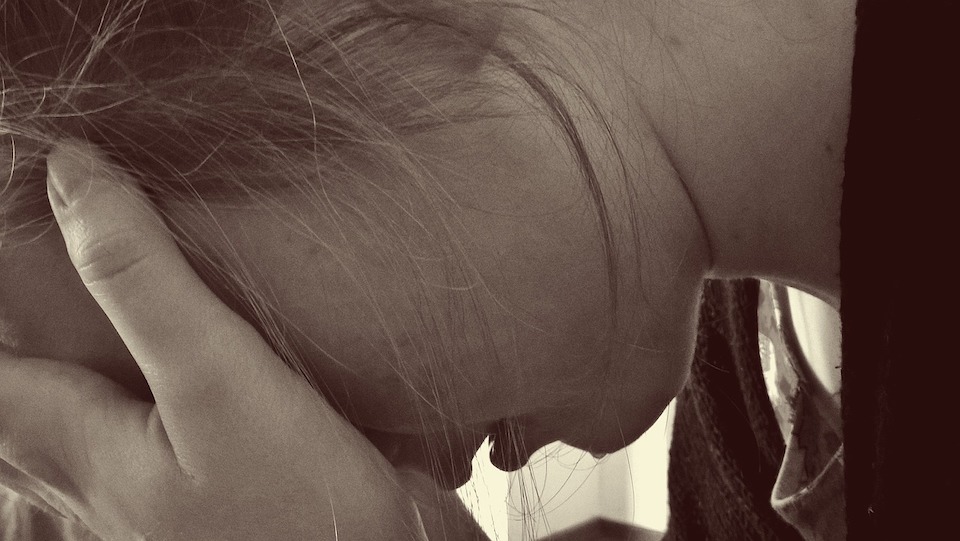Domestic Abuse: Strategies for Reclaiming Your Life
In this fourth and final part of my domestic abuse series, I offer suggestions for reclaiming your life. After years of getting emotionally, verbally or even physically beat down, a time will come when you are ready to take care of yourself. This is one of the first steps in taking control of your life.
The website verywellmind.com highlights five different domains to ensure you are carrying for your mind, body and spirit. These types of self-care include physical, social, mental, spiritual and emotional.
Strategies for Reclaiming Your Life

1. Physical Self-Care — Exercise, sleep and the proper diet are all important factors when it comes to physical self-care.

2. Social Self-Care — Visit or talk on the phone with friends and family. Your social life may have suffered due to the constraints of your relationship with your abusive partner. Now is the time to rebuild these friendships. You may find it surprising how many people want to spend time with you, now that you are out of that relationship.

3. Mental Self-Care — Reading, watching movies and taking classes are just some of the activities that help keep your mind sharp. You may revisit a hobby you used to enjoy, or find something new. Then, allot time each day for this activity.

4. Spiritual Self-Care — Whether it’s a traditional religious service, praying, meditation or just time spent in solitude reflecting, spiritual self-care is an important part of the process. Although it’s not for everyone, you may find it fulfilling and worth a try.

5. Emotional Self-Care — Different emotions may bubble up within you at times when you are not expecting them. Knowing how to acknowledge and express them is an important strategy to learn.

Coping Skills
Finding healthy coping skills, that you enjoy, when dealing with uncomfortable emotions gives you an outlet for these stressors. Consider ways to acknowledge and express your feelings on a regular basis. Some suggestions include:
- Journaling — Putting your internal monologue down in words helps your brain process the trauma you have experienced. The simple act of writing these thoughts can help you better cope with the symptoms of PTSD.
- Yoga — The practice of yoga appeared in many of the sources I used for my research. I personally recommend it to strengthen your mind, body and spirit. Even though I just began practicing yoga in October of 2020, it has already changed my life tremendously. The practice has taught me how to meditate and breathe to reduce stress, while at the same time has strengthened my body. I strongly encourage everyone to attend some classes and be open to the practice.
- Art — Painting, drawing, collage or even just scribbling on paper are all ways to express yourself and your emotions. Find a medium you’re comfortable using and just go for it. You don’t have to show it to anyone.

Two Activities for Healing
Purchase two large canvas boards. On the first one, create a dream collage. Cut out sayings, words and pictures from magazines. Then, using a glue stick, decorate the board with all the pieces. Display the finished product in a place you see daily, to remind yourself of the great things to come.
On the second board, write down your accomplishments using various color Sharpies. These can be as simple as, I did a headstand in yoga, to I cleaned the gutters. End everyday with this activity. Don’t worry if there is a day when you have nothing to write, you will have other days where you record more than one accomplishment.
Self-care is taking the time to care for yourself in the ways that work best for you.
Reclaiming Your Life Online Resources
- 17 Strategies for Coping with Stress in 30 Minutes of Less on healthline.com
- Self-care suggestions at loveisrespect.org
- Survivors share how they rebuilt their self-esteem after abuse here.
- The Love and Abuse Podcast
Final Thoughts
It’s important to find ways that best help you reclaim your life. There’s no one-size-fits-all plan out there. Don’t get discouraged if you try something and find it just doesn’t serve you, move on. Nothing is ever wasted when it comes to your self-care and well-being. Take your time trying to heal. More than likely, it took many years for your abusive partner to break you down to the state you are currently in, so allow time to build yourself back up. I promise you will eventually get there.
You have permission to take care of yourself. Make it a priority.
This article firs appeared at Women’s Outdoor News.
Read other posts in the domestic abuse series:
Understanding and Identifying Domestic Abuse

